These reflections are a result of more than 40 years of ministry as a Roman Catholic priest. Most of these years I spent in the Diocese of Charlotte which covers Western North Carolina. Now I am retired, and live in Medellín, Colombia where I continue to serve as a priest in the Archdiocese of Medellín.
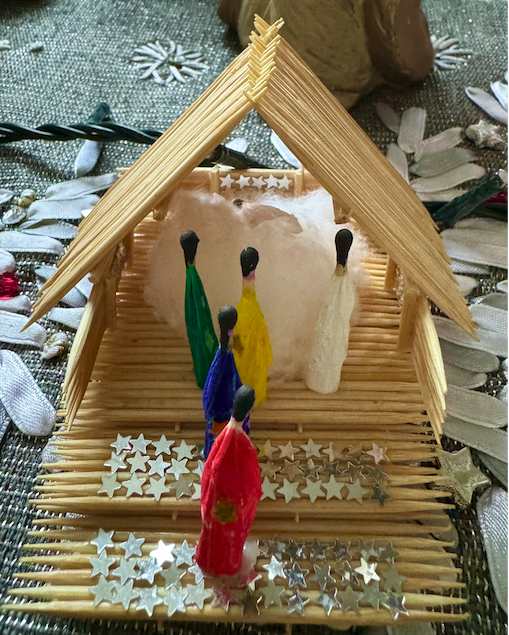
Responsorial Psalm
R. All the ends of the earth have seen the saving power of God.
All the ends of the earth have seen the salvation by our God.
Sing joyfully to the LORD, all you lands; break into song; sing praise.
R. All the ends of the earth have seen the saving power of God.
https://bible.usccb.org/bible/readings/010226.cfm
The fourth century was a critical time for the church as it reflected on God’s salvation in the mystery of Christ. Basil the Great (330-379) and his best friend, Gregory of Nazianus (329-390), helped the church to celebrate its faith in God’s wondrous love. https://youtu.be/QlqSAyp34TU?si=Um4lWdkSwBk6JDj7
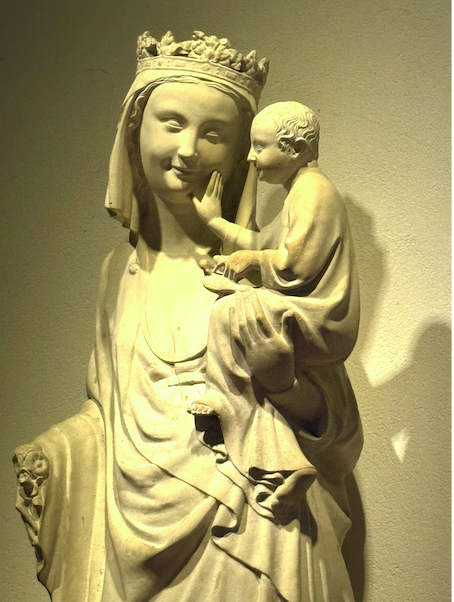
This is how you shall bless the Israelites. Say to them: The LORD bless you and keep you! The LORD let his face shine upon
you, and be gracious to you! The LORD look upon you kindly and give you peace! (Num 6:22-27)
And Mary kept all these things, reflecting on them in her heart. (Lk 2:16-21)
https://bible.usccb.org/bible/readings/010126.cfm
As we begin this new civil year asking God’s blessings, Mary reminds us to keep all these things, reflecting on them in our heart. https://youtu.be/1rog6qg6INg?si=838-XupJe2sBaGPJ
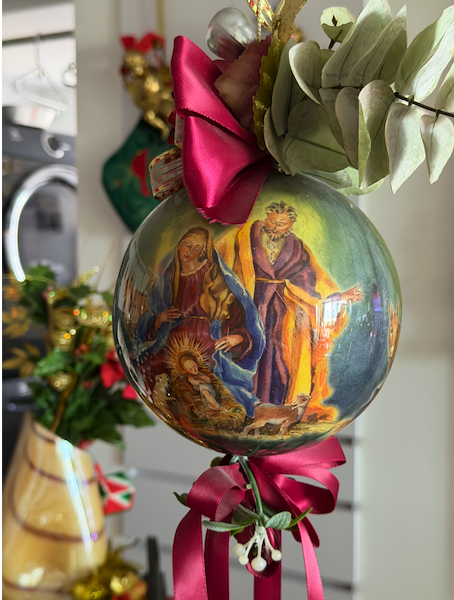
Children, it is the last hour. (1 Jn 2:18-21)
In the beginning was the Word. (Jn 1:1-18)
https://bible.usccb.org/bible/readings/123125.cfm
A little bit of liturgical humor on this last day of the civil year: the lectionary gives us the Last Hour and the Last Gospel, which used to be read as the final blessing at Low Mass. The year 2025 has been filled with chaos in the lives of so many people. May the coming year hasten God’s agenda: justice for the poor, reconciliation, peace. A Happy New Year filled with God’s blessings! https://youtu.be/iyqtTLIg1l0?si=LCngkZ2Vmzfxz0wj
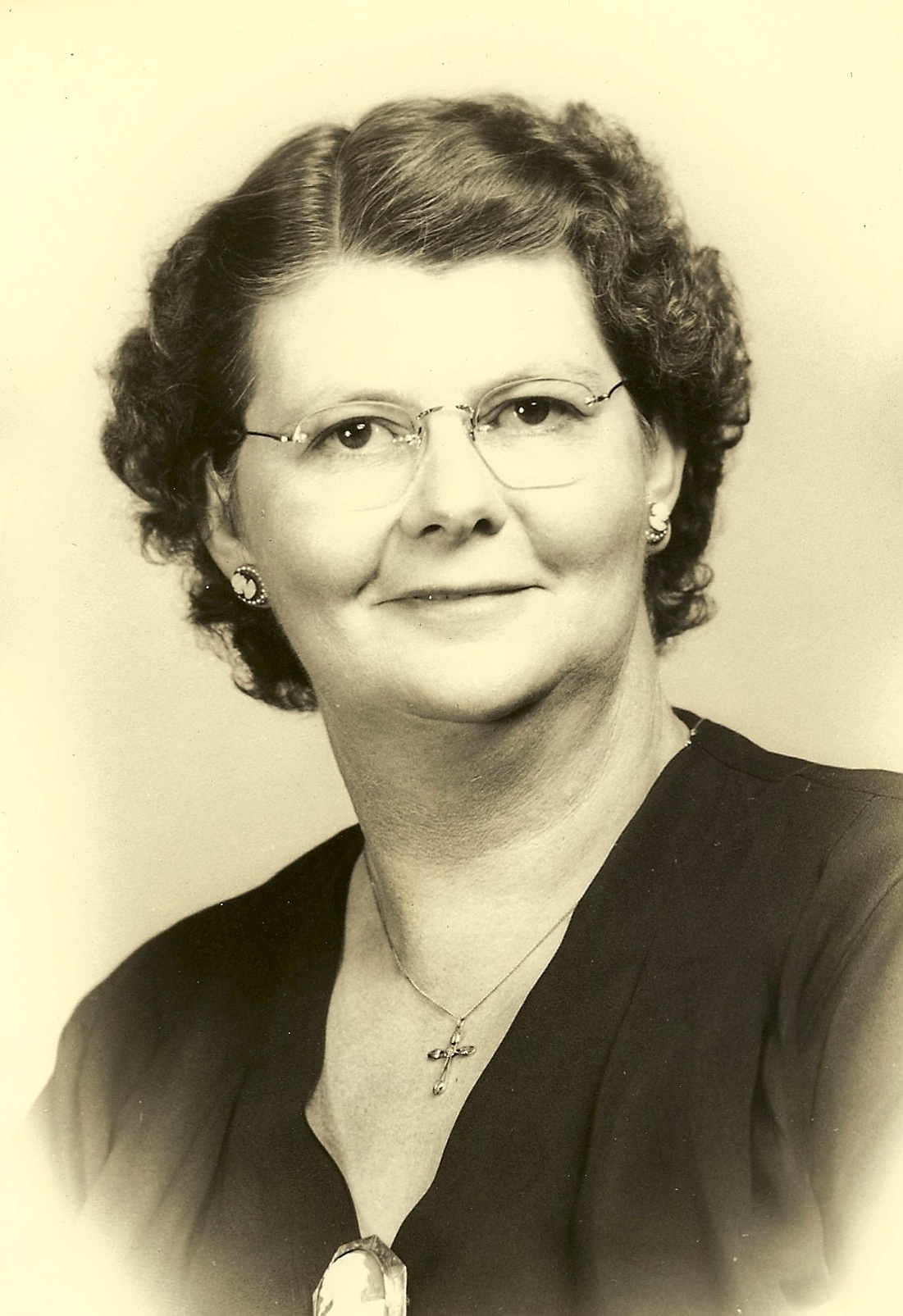
There was a prophetess, Anna, the daughter of Phanuel, of the tribe of Asher. She was advanced in years, having lived seven years with her husband after her marriage, and then as a widow until she was eighty-four. She never left the temple, but worshiped night and day with fasting and prayer. And coming forward at that very time, she gave thanks to God and spoke about the child to all who were awaiting the redemption of Jerusalem. (Lk 2:36-40)
https://bible.usccb.org/bible/readings/123025.cfm
I love the story of Anna. She is in the Temple waiting for the Christ Child for years and years and years. How important are our elders. They have wisdom, perseverance, faith, aren’t afraid to speak their minds and know how to give thanks. Anna reminds me of my grandmother, Minnie Goetting Torp (1906-1987), who taught me the stories of Jesus. https://youtu.be/deJj1ovPfrQ?si=otDff6kt5pkr9gHL
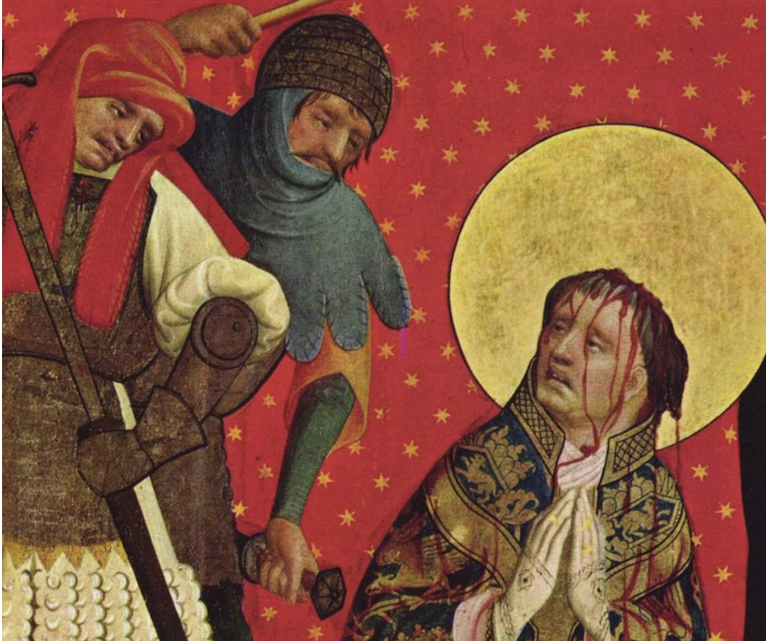
Lord, now let your servant go in peace; your word has been fulfilled: my own eyes have seen the salvation which you prepared in the sight of every people, a light to reveal you to the nations and the glory of your people Israel. (Lk 2:22-35)
https://bible.usccb.org/bible/readings/122925.cfm
The Canticle of Simeon is the gospel reading from the Office of Compline in the Liturgy of the Hours and expresses profound praise for the light that God has revealed in the Christ Child. Although many of us have been sick in this Christmas season, we have seen the Lord’s salvation! Thomas Becket was martyred on this day in his own cathedral and still reminds us that our faith is worth it all. https://youtu.be/PtiCLJvyePw?si=TFXJ1v7rWl91KqmT



